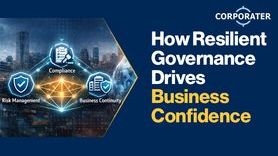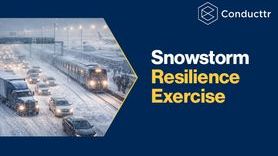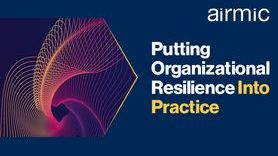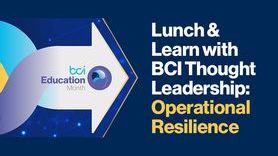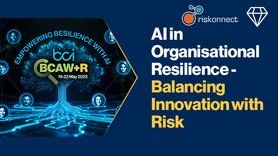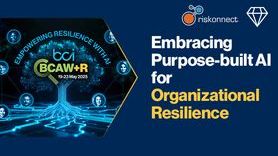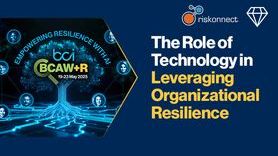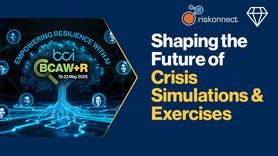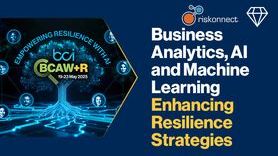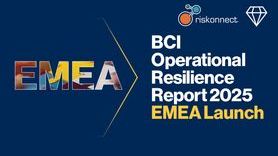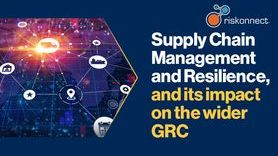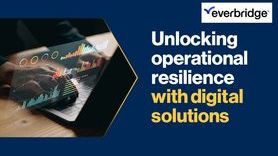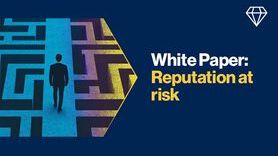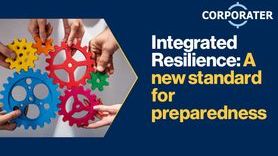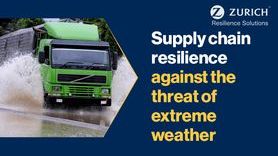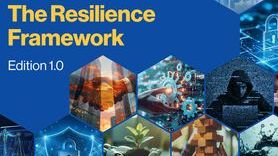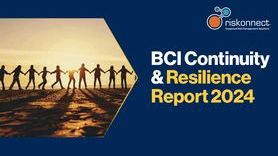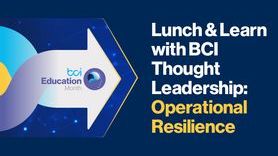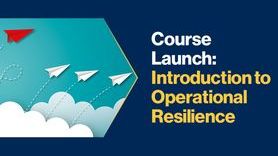BCI Women in Resilience (WiR) article - Resilience and the Global Energy Crisis; watt’s going on?
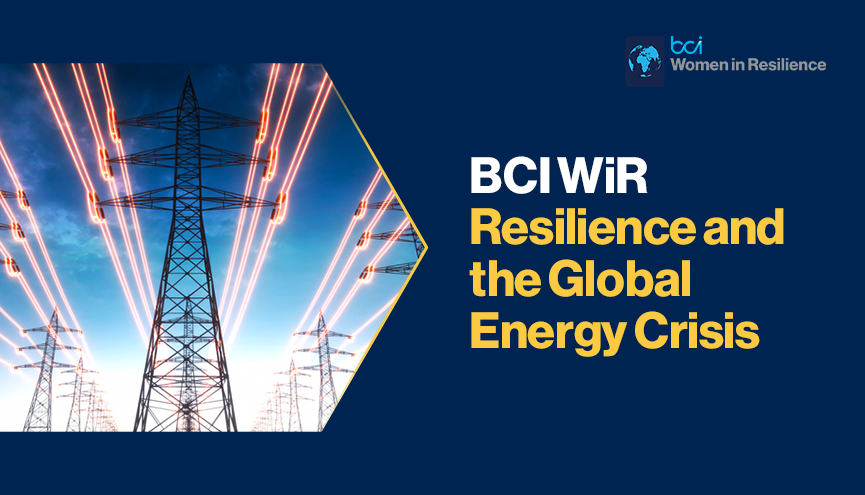
By Samar Iqbal, Business Continuity & Resilience professional, London
Resilience is crucial to the success and survival of any business and especially so for the individual. It very quickly became a key factor in determining the survival of businesses throughout the pandemic, especially with forced shutdowns and the transition to a (mostly) remote labour force, but also a much more health conscious one. While the pandemic was unpredictable in both its scale and severity, what is clear is that these events can and will happen. Businesses are encouraged, now more than ever, to plan for worst-case scenarios. This becomes difficult when it’s close to impossible to predict what, and when, the next big crisis will be. So, how can businesses plan for the unknown?
Embracing the unknown with an effective resilience capability
Given the string of recent shocks that the world has faced – from COVID-19, the Ukrainian/Russian conflict, and most recently the energy and cost of living crisis – many businesses may feel that they are now well equipped to respond to the next crisis. Others may feel the opposite. However, reactive resilience plans drawn up from previous crises are likely to be unsuitable for the next, unpredictable, one.
For a business to mitigate the impact of the next crisis, whatever it may be, it needs an effective resilience capability that’s supported by a strong governance structure to be able to continue meeting client needs in times of stress.
This capability will:
- Identify the key risks and threats, as well as their impact on the organization
- Establish an effective crisis response team with key representatives of impacted functions for the risks identified
- Understand and map the critical business services and processes with their key dependencies and recovery objectives, and sequence the recovery of these
- Stress test, as well as reverse-stress test, a wide range of worst-case scenarios using the identified key risks and threats
- Prepare a high-level crisis response plan and checklist suitable to multiple crisis events
Effective resilience and the energy crisis: what’s happened so far?
Energy prices began to rise on the back of the supply chain disruptions caused by the COVID-19 pandemic. The shocks and imbalances between the supply and demand for oil meant that once economies reopened, oil prices began to steeply rise.
In February 2022, fuel was added to the fire (pun completely intended!) when Vladimir Putin invaded Ukraine. Western economies imposed heavy sanctions on Russian supplies meaning the supply of natural gas as well as crude oil was limited - further supplies to mainland Europe were cut off and prices began to spiral.
As a result, fears have grown around potential enforced three-hour blackouts across the UK over the winter months as the spiralling of prices worsens.
So, what does this mean for UK and other countries dependent on oil imports?
Whether it’s looking for alternatives for heating individual homes, reducing overall energy consumption or finding alternative energy supplies, there’s no sign of the crisis improving.
The reality is, the price cap may rise again, and we’re all feeling the need to prepare for this.
On the other hand, businesses face pressure from tighter profits and the impact of supply shortages, while also looking for alternative means of energy. We’ve already seen some countries in Europe face fuel shortages due to strike action - almost a third of petrol stations in France struggled to get deliveries of at least one fuel product in early October.
While there is support and safety reserves from the UK government, if demand increases to levels that the UK reserves cannot handle, businesses and individuals will need to be prepared for the unknown.
The shifting energy sector
After all, this is a global crisis that every country is affected by. It’s a situation that most countries and organizations have not faced before, and they are being required to react quickly without enough time to plan effectively.
The recent decision by the OPEC+ and oil producer group to cut output, and further increases in prices, has the potential to tip the global economy into a recession. Many countries are now looking for alternative means of production through increasing the use of natural energy sources and nuclear power, while also responding to the crisis, which is difficult to do without an established crisis response team.
Enforced blackouts are a new concept for the UK and some other countries. While some companies may have dealt with similar scenarios in countries like the US, there is still an unknown factor in whether the same strategy and model will work.
So, what should firms do to effectively fuel their resilience capability?
While the crisis is ongoing, and the impact of the crisis is difficult to predict, there are several measures organizations can take to build their resilience capabilities:
- Identify worst-case scenario(s) caused by the energy crisis: think about the most significant risks relevant to business operations. Is it the shortage of energy supply, the spiralling prices, preparing for the possibility of enforced blackouts, being unable to distribute energy, or a combination of them all?
- Implement a strong crisis response team to include all functions (including technology, people, finance, legal, etc.): a response team including all impacted functions is crucial to an effective resilience capability. This includes functions from people, communications, technology, finance, legal and so on.
- Map out critical business processes to key dependencies: identify where energy is needed most and the associated recovery objectives. Identify the optimum amount of energy required to keep business operations running – how much energy is required for business operations to continue?
- Stress test the worst-case scenario(s): focus on the recovery strategy and plans across all functions within the business. Consider what testing is most beneficial to the organization - is this actual testing, table-top testing, or physical testing? Consider the use of a digital twin solution as a cost-free method of testing your capability.
- Prepare a high-level response plan: Focus on the response plan to the key scenarios and risks identified, ensuring plans detail the key broader response covering each impacted function. Include communication plans to customers and backup solutions.
Energy underpins everything we do in society and all of us will struggle without it. Preparing for enforced blackouts and the knock-on effects from increases in prices is crucial. While complete power outages seem unlikely, this is an important scenario that companies need to prepare for.
Key takeaway: The global energy crisis is the latest in a line of recent crises challenging the resilience of your business. The effectiveness of your resilience capability today, will be crucial in helping your business make it through to tomorrow.


